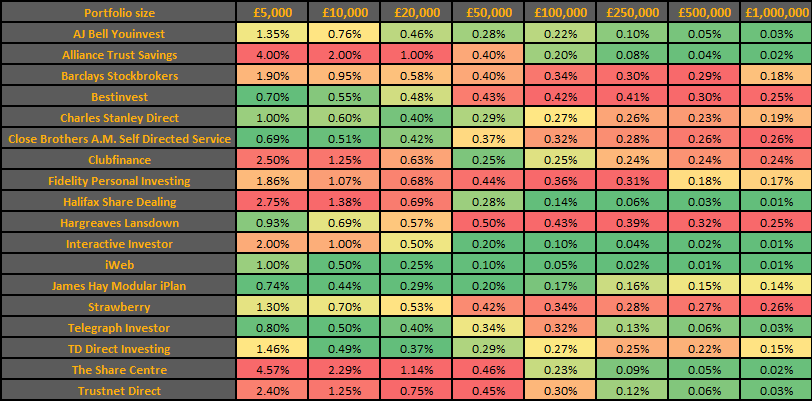Five investment trust tips for income
Post on: 12 Июнь, 2015 No Comment

This article is for information and discussion purposes only and does not form a recommendation to invest or otherwise. The value of an investment may fall. The investments referred to in this article may not be suitable for all investors, and if in doubt, an investor should seek advice from a qualified investment adviser.
For income seekers, one of the great advantages of investment trusts is their ability to smooth dividend payouts by putting some of their earnings aside in good years, in order to bolster payments in hard times.
Dividend progression could be even more assured now trusts are permitted to use some of their capital to boost payouts. While most trusts have no intention of using this new facility, because turning capital into income tends to be tax-inefficient, others — including two of this year’s selections — are already capitalising on it.
Another advantage is their ability to invest in potentially higher yielding but relatively illiquid sectors such as commercial property. One of our five trust experts is turning in this direction, while two others are looking overseas.
JPMorgan Global Emerging Markets Income*
Kieran Drake of Winterflood Securities says dividends from UK-listed companies are concentrated in a handful of large-cap shares. He therefore suggests investors should diversify their income with exposure to overseas equity trusts, such as the JPMorgan Global Emerging Markets Income Trust (JEMI).
Its net asset value per share is up 25% since its July 2010 launch, compared to 3% for the MSCI Emerging Markets index. It has also exceeded its yield target, paying 4.85p in its latest financial year, and has started paying dividends quarterly.
The portfolio has a mid-cap bias and an emphasis on growing consumer power. It is overweight stable growth sectors such as telecoms and consumer discretionary, while underweight cyclical growth sectors such as financials and materials.
*Winterflood Securities is corporate broker to the trust.
Schroder Real Estate IT*
Charles Cade of Numis Securities did well to make Lowland Investments (LWI) his 2012 income choice. For 2013 he has nominated Schroder Real Estate (SREI), which offers the rare combination of a high yield and a wide discount.
Schroders took over the mandate from Invista in January 2012, but former key personnel have been retained. They have been selling low-yielding assets to reduce debt to less than 35%. Cade hopes they will be able to refinance their remaining debt in 2014, thereby reducing interest costs and improving dividend cover.
Relative to the overall UK commercial property market, the trust is heavily overweight in offices in the South East and London’s West End. It is significantly underweight in offices in the rest of the UK, as well as retail, which is suffering from the demise of numerous high street chains, Cade says.
*Numis Securities is corporate broker to the trust.
Standard Life UK Equity Income
Brewin Dolphin’s investment trust guru John Newlands believes the UK growth and income sector remains a rich source of investment income, not least because it boasts some truly great fund managers. However, he would be reluctant to pay a premium of more than 2%, even for real quality.
His income choice for 2013 is therefore Standard Life UK Equity Income Trust (SLET), which is on a small discount. Its new manager, Thomas Moore, has made the bold move of shifting the centre of gravity of the trust more towards the mid-capitalisation portion of the market, and the board has also added to the trust’s attractions by negotiating a keenly-priced loan facility, Newlands says.
Utilico Emerging Markets
Jean Matterson of Rossie House Investment Management joins Keiran Drake in looking overseas for income.
She made Utilico Emerging Markets (UEM) her income pick last year, and is pleased that its net asset value and its earnings per share have picked up well. It has paid dividends totalling 1.375p for the first half of the current financial year, and should provide an annual yield of around 3%, and Matterson is sticking with it.
It offers a reasonable level of dividend and prospects for dividend growth. It also gives exposure to emerging markets where I see greater growth prospects than in the West, she says.
F&C Private Equity Trust (highly-geared ordinary shares)
Utilico Emerging Markets (see above) has declared a willingness to draw on capital to bolster its dividend payments but F and C Private Equity Trust (FPEO) has already started doing so, enabling its board to declare that it intends to pay out annual dividends equal to not less than 4% of its net asset value per share.
James Burns of Smith & Williamson makes it his income choice for 2013. The shares have moved up strongly since the new dividend policy was announced. but still trade on a wide discount and the yield is still very attractive.














